Hi Steemit! Today, I'll be continuing with my series on Chinese Idioms. In my last post, we had a look at the peculiar idiom, love me, love my dog which you can find HERE. In today's edition, we'll be having a look at another figurative idiom, this one might turn your head upside down - stay with me and find out.. ^ ^
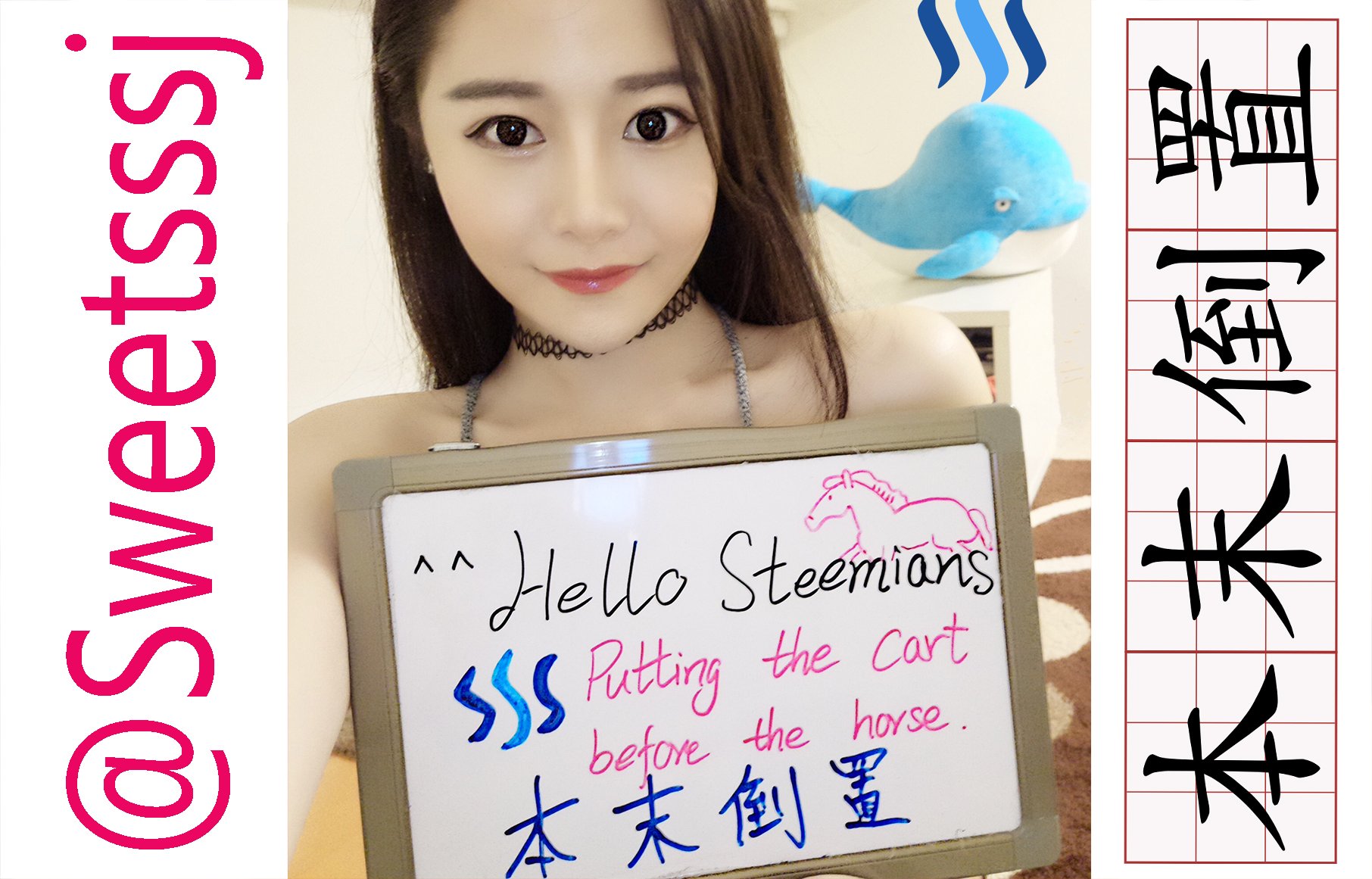
Today's Chinese Idiom story — To put the cart before the horse^^
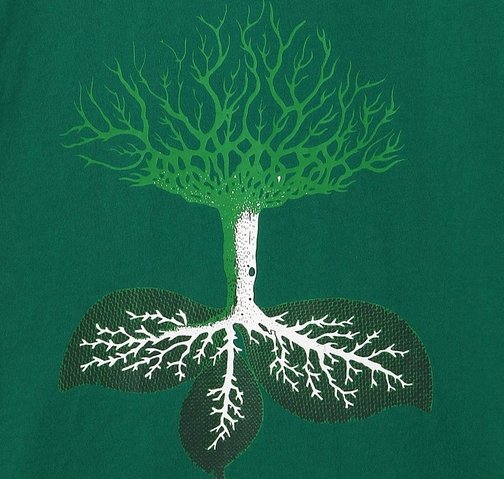
The idiom's literal translation is "To invert the root and branch". The official translation although slightly different is still rather peculiar, "To put the cart before the horse". Of course, common knowledge would rationalise that the root should be in the soil and the branches above the ground, that same rationale would also have the horse in front of the cart to pull the cart. How could a tree grow with it's roots in air and branches in the soil? Similarly, can a cart be pushed by a horse? >_<|||
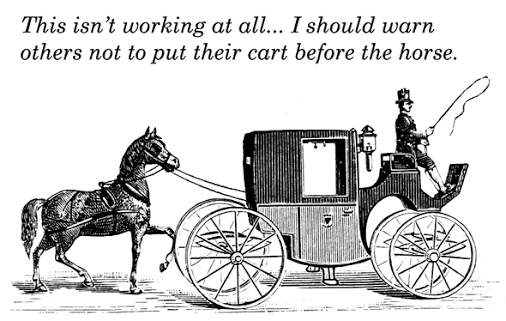
"In fact, the idiom's underlying meaning describes when one stresses the incidental over the fundamental."
The idiom's classical story ﹏
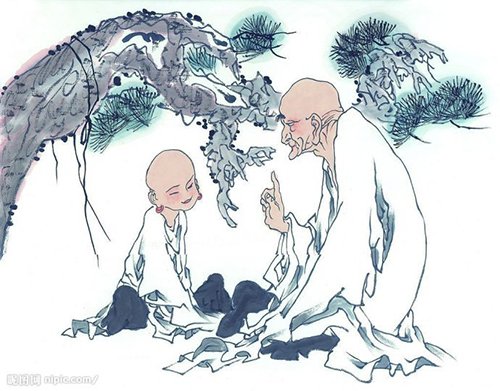
In the Song Dynasty, there was a great thinker and successor of the school of Confucius named Master Zhu. In a letter written to his friend, he mentioned that in the previous letter, he had inverted root and branch and emphasised the unimportant, whilst neglecting the crux. Henceforth the saying "to put a cart before the horse" was born. To this day, the idiom and it's meaning is still frequently used.
A historical case of an Emperor who put cart before horse..
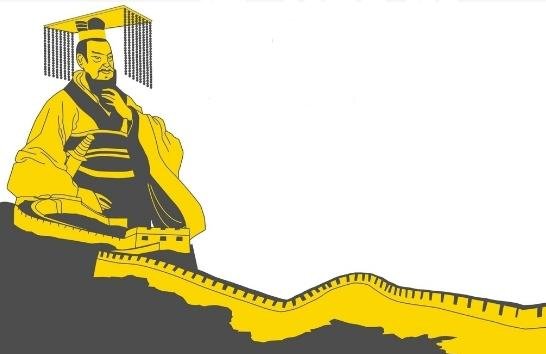
Emperor Qin of the Qin Dynasty intended the great wall of China to be something good for his people, however, he was an impetuous person and demanded work that was meant to take several generations to be completed in a short time frame and all in one go. = =
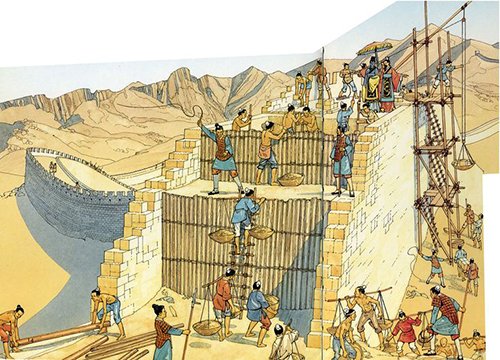
To increase the speed of construction, he brought in many ordinary civilians to help with the construction of the wall. Little did he know, his demands put very large strain on his people and consumed the resources of his empire too rapidly. What was meant to be a structure built to protect his people, ultimate led to the end of the Qin Dynasty.
People of today often pay too much attention the inessential minor details, only to neglect the important ones >.<

An Italian photographer, Sandro Giordano illustrates the essence of this idiom with his photographic project 'in extremis (bodies with no regret)'. The pictures depict people's willingness to grasp onto what they consider essential and yet neglect their very own safety, resulting in them falling over whilst holding onto their materialistic things.
To put cart in front of horse in the Chinese Movie Industry..
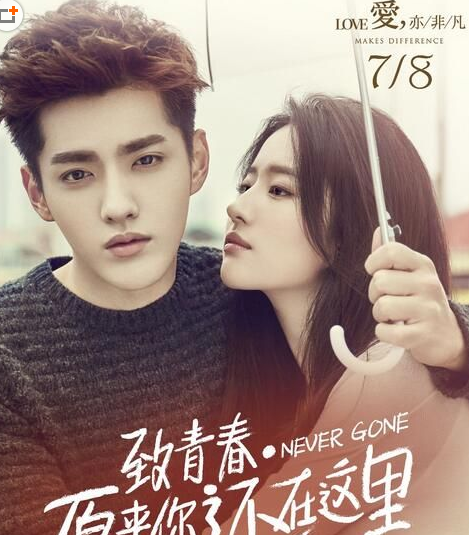
In the entertainment and movie industry, we often see directors put emphasis on their choice of actors and actresses based on their fame and attractiveness, but less attention is paid to the quality of the script. When confronted with a choice between good looks and talent, the choice is very often good looks. Many of these actors and actresses feel compelled to go under the knife to get plastic surgery to improve their chances of landing a leading role.
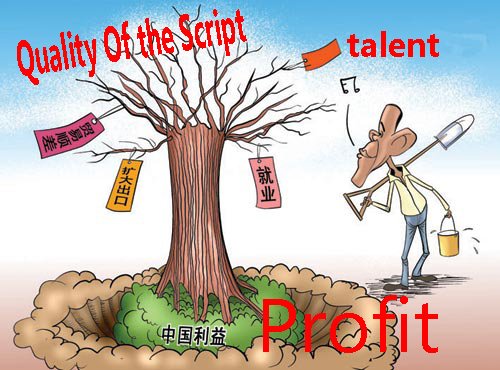
In China, the actors/actresses will make up at least 50% the cost of the movie. Famous actors/actresses command very high salaries (a common figure is 100 million CNY), whilst the unknown actors/actresses usually earn around 150,000 CNY for 3 months work. Moreover, directors who hire famous celebrities to act in their film will often make sacrifices to the quality of the entire production just to get squeeze out more profit. Actors and Actresses will also put emphasis on making more money, and put less effort into the interpretation and development of their role. Instead, they will seek out further opportunities in other movies.
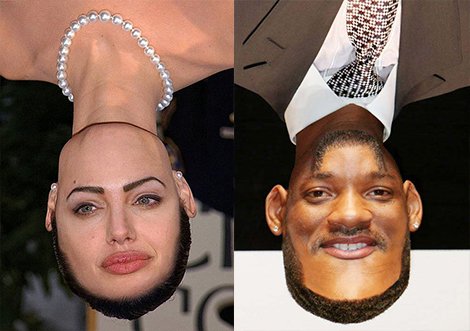
I cannot find this with a Chinese movie star lol..
My Story^^
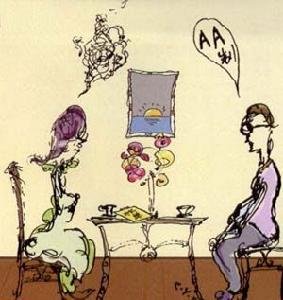
I have a friend in London who recently broke-up with her boyfriend, her reasoning for the break-up is to put cart in front of horse. Coming from a wealthy family, she has very little pressure to choose a companion based on their financial ability. Yet, because her boyfriend was not wealthy, she chose to leave him. In a relationship, the "roots" should be established with compatible personalities, requited love and common ground. She chose the "branches", in this instance, meaning partner that has a car, a house, and preferably a Yacht too = =
Basically somebody with money, power, and status. A wealthy girl like her has no pressing need for a partner who is wealthy, this kind of "putting a cart in front of a horse" logic baffles me. As a result, I try to reason with her and tell her that money isn't everything in a relationship, instead, put more emphasis on finding someone who treats her well and is mutually compatible...
(Sources:1,2,3,4,5,6,7,8,9,10)
亲爱的Steemit朋友们, 今天我将要继续有意思的成语话题系列, 上一篇我们一起分享了第一个成语和关于它的故事,你可以在这里找到。今天我想和大家分享的是一个非常形象有趣的成语。
今天的成语故事——本末倒置
这个成语直白的翻译过来是,一颗树的树根和树梢倒过来生长。而翻译成英文,就显得更加生动有趣——把货车放到马前面。遵循大自然的规律,树根在土下面,树梢在上,而马应该在货车前面拉着货车跑。然而如果把它们倒过来,那么这颗树还可以自然生长吗?把货车放在马前面,还可以向前移动吗?= =这个成语比喻违背规律,把主要的和次要的、本质和非本质的关系弄颠倒了。
本末倒置的典故
宋朝思想家朱熹,也是儒家学说的继承人,在写给朋友的信件中提到,之前所写的文章在先后顺序上出现了毛病,把最重要的事情忽略了,而去关注较不重要的事。之后就有了本末倒置这个成语,并且一直流传到现在。
历史上把马和车颠倒位置的帝王
秦朝的皇帝秦始皇修万里长城本来是对民众有利的工程, 他一味的追求工程的高效率, 就大量征集平民作为工程主要的劳动力,害苦了平民百姓。万里长城本来是为了保护大秦帝国的稳定和安危,没想到庞大的工程却消耗了秦朝的国力,迫使秦国走向灭亡。
现代人经常喜欢关注细枝末节而忽略重点
中国电影界的本末倒置——电影制片人为了票房高,常常更关心由哪些名气大、颜值高的演员出演,而忽略电影的剧本。为了获利更多,在高片酬聘用名演员的同时,电影制作的非常粗糙。而一些名演员为了挣更多钱,也没把心思放在演绎角色上,而是不顾实际地接更多的活。
我的故事
我在伦敦的一个好友最近和他的男朋友分手了,分手的原因却是有点本末倒置。她因为她的另一半不够有钱而分手。感情里的“树根”应该是情感和的来,彼此很相爱,各方面都很合适。而她最终选择去寻找“树梢”,“树梢”就是另一半要有车有房,最好还有游艇,有钱有权利还要有身份。本来就不缺钱的女孩在找另一半时,也要找更有钱的,这本末倒置的理由就让我非常不能理解,所以我也在不停努力劝说我的朋友,希望她不要那么看重金钱,并且可以考虑一下,找一个真心对她好,并且很合适的伴侣。
If you are interested in my other blogs related to "Chinese Culture" please check out these other blogs below^^
Taking Steemit to one of the 8th wonders of the world^ ^
Impressions of China--Taking Steemians back to the Tang Dynasty.
Capturing the Spirit of the Uyghurs through Ink Wash Painting.
A thousand years ago, I was an Empress!
^^Welcome to my world of Idioms #1.

